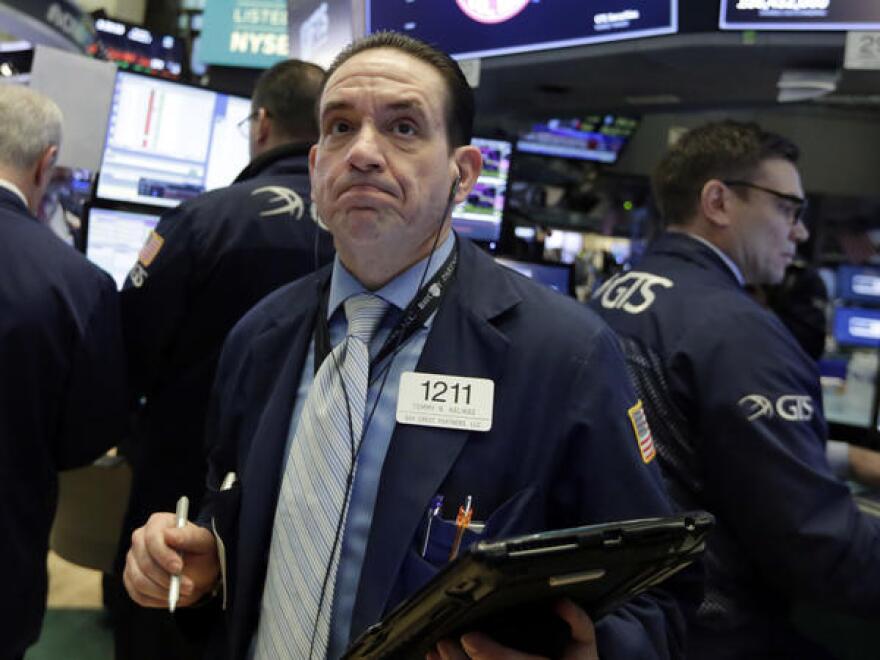The dizzying plunge in stock market values in recent days, as the coronavirus crisis has intensified, has the business world on edge. William Goetzmann, professor of finance at the Yale School of Management and stock market historian, spoke with Connecticut Public Radio’s All Things Considered to put the recent volatility into perspective.
How surprising are the recent sell-offs?
It’s not such a great surprise to me. The stock market goes through periods of calm and then sometimes dramatic turbulence and crashes. When they happen, it tends to be quite extreme. We’re in one of those periods when the market’s trying to figure out what the bottom is and how big the problem is.
How do they compare to stock market history?
The last few days have been equal to some of the worst periods in U.S. stock market history. The crash of 1929 we saw a couple of days that were about the same kind of magnitude as we’ve seen recently, 7% or 8% down -- 12% down on a couple of days. It’s comparable to that. As soon as we figure out how temporary it is, the sooner the asset prices will stabilize and go back up.
Is there any fundamental change here?
I don’t think that there has been any big change in the way that the markets are being regulated or supported. We haven’t got to a financial crisis like we had in 2008-09 where it was about the underlying collateral of securities. So I don’t think there are that many tweaks that can be done to try and calm down the equity markets at this point.
How will we all feel the pain?
All of us now are feeling the pullback in the economy because we’ve been asked to stop doing a lot of the things that we normally would do. So I think the real pain will be from the real economy. Governments are wisely following a course which seems to have worked in China which is to starve the virus of new hosts by shutting down economic activity. That means a lot of us who have jobs that rely on continued economic growth and activity just won’t be able to make as much money and are uncertain about whether or not there will be jobs.
Why haven’t rate cuts and the prospect of tax cuts calmed the market?
What’s really driving the big changes in the market is the huge uncertainty about how long the virus is going to affect us. To me, one of the most important things going on is the discussion about whether or not there will be a vaccine. A vaccine could be a year off, it could be 18 months off. I think as soon as there’s some kind of date certain where people feel like there’s a backstop to the problem, then that will calm things because that allows us to size the problem.




